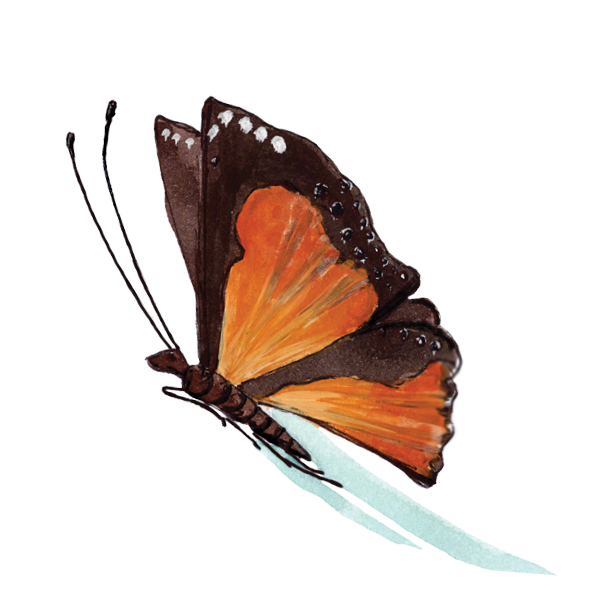Jack was sitting in the chair describing to me his war-time experiences, his voice trembling. In the prisoner of war camp, he was hit on the back of the head and chest with a rifle butt, banished to solitary confinement, his thumb squashed in a vice, along with loss of hearing from gunfire and shrapnel in his knee. Listening to him speak, I realise he is my wartime hero and a loving and kind great-grandfather with a great sense of humour.
My great-grandfather tells me, “My service was good to me in lots of respects. It broadened my mind. It allowed me to have a reasonable life afterwards…I would not have been able to live the life that I have since [without service]. It taught me so many things that I would never have been taught before. Self-discipline.”
A country boy on a small dairy farm, Jack was nine when his father died. Following his father’s death, Legacy assisted with his upbringing. He soon joined the Commonwealth Military Forces and Bill Johns encouraged him to raise his age by two years to join the Australian Imperial Forces. Bill was like a big brother to Jack, and they shared years of lifelong friendship. Consequently, Jack enlisted in the Army to follow in his father’s footsteps from World War I. When war was declared on the 3rd of September 1939, Jack was called up for full-time service.
Jack embarked on a Troop Carrier on the 5th of May 1940 from Port Melbourne to the Middle East. During this time, he was a Corporal, promoted to Sergeant and participated in the Middle East Tactical School and undertook a chemical warfare course in Cairo. The 2/32 Battalion was formed, and they boarded the HMAS Napier for Tobruk, where he was wounded in action on the 4th of August 1941.
My great-grandfather recalls this period. He was Platoon Sergeant in the Infantry and his first days in the war were frightening: it was a world he had never experienced, and it was tough being responsible for the lives of his men. Mateship was of great importance during the dark times; they played cards, had secret clubs, laughed between mates, and made lifelong friends. He relied on the comradeship and spirit of the men to get him through.

The main two Battles of El Alamein from July – October/November had resulted in huge loss. At 4am on the 17th of July 1942, his battalion attacked and took hold of the enemy positions. By dawn, a heavy counterattack from the Germans split up most of his battalion as they had travelled 1000 yards further than they should have and were surrounded by the Germans holding their rifles, with no hope of escape, and told to surrender or be killed.
As Sergeant, he was interrogated by German Intelligence. He said, “I’m sorry, sir, but my requirement is to give you my name, my number and my rank.” Jack was mentioned in despatches on 26 June 1942 for an act of bravery. He was patted on the shoulder, thanked for being a good soldier and advised that he and his men would be handed over to the Italians, as it was their territory. He was now a prisoner of war at the infamous Campo 57 in Gruppignano, northern Italy, headed by notorious Colonel Vittoria Calcaterra, who was described by one prisoner as, “A sadist and a beast and an accessory to murder.”
On the 3rd of June 1943, Jack and his friends celebrated his real birthday (not the fake birth-date). Jack’s mates made a mixture of wine from some dried fruit contained in the Red Cross food parcels. They drank the wine which tasted like faint vinegar.
Sadly, Jack’s mate Sox Symons was shot down by a guard in the compound as he was vocal in describing his thoughts of the Carabinieri. Jack was deeply traumatised by this event. Sox was one of his closest mates, who he respected deeply, and he paid the ultimate sacrifice. My great-grandfather was privileged to attend his funeral as a pall-bearer while his coffin was paraded down the centre of the camp to a small cemetery.
An unknown author in the camp wrote this poem, proving Sox was much respected by his comrades:
That smile on his cheerful face
Never a day that went past but we’d welcome
As a breeze that freshens the desert
To this dreary and desolate place
And we’d welcome each mirth treasured moment
For they helped us suffer our knocks
And most of us knew not his surname
He will live in our memory as SOX
When we’re back again in our homeland
When we’re through with our struggle and strife
And receiving the welcoming embraces
Of a mother, a sweetheart, a wife
We will try and forget the past troubles
Of the desert, and Syria and the Pen
As we plan what we’d do as civilians
When we’re back in our civvies again
But amid all the cheering and tumult
As we march through the flag strewn street
With the band blaring out a glad welcome
We will not be returning complete For out in a far western cottage
Is a mother whose tears will burn
As she waits by the fireside
For her son who will never return
In the ranks there will be a place vacant
As a sign of respect and regret
And a memory will follow thro’ their lifetime
For his comrades will never forget.
Jack was at Stalag 18A/Z Spittal in Austria when he met Jack Wright, who bartered with the guards for cigarettes, and they became great lifelong friends. He and his mate Taffy Davis made a pact to escape whenever they could. Taffy was familiar with the working camps and knew where to obtain food and water. On the 15th of February 1945, they escaped and headed for the hills. One month later, in Hungary, they contacted a Russian medical unit, where a doctor put them in her unit until after the war had finished in May 1945. The safest option was for them to leave for England. They were supplied with a vehicle and two 44-gallon drums of petrol and sent to contact the American forces. Jack escaped on an American fortress for England.
When Jack reflected on Tobruk, he was proud of the great mateship with his fellow soldiers, as they responded to all orders and requests without complaint, which helped him to bond and forge friendships. Jack constantly questioned if he was doing the right thing under his command and wondered if he was leading them correctly. He finally tells me, “Coming out of Tobruk as a toughened Platoon Sergeant and leader was in every respect a satisfying experience and I gained much confidence from the whole campaign.”





